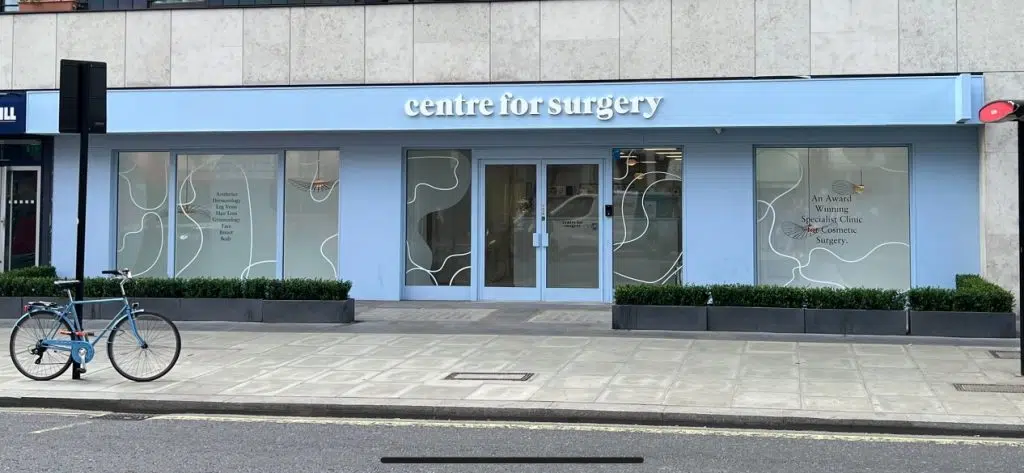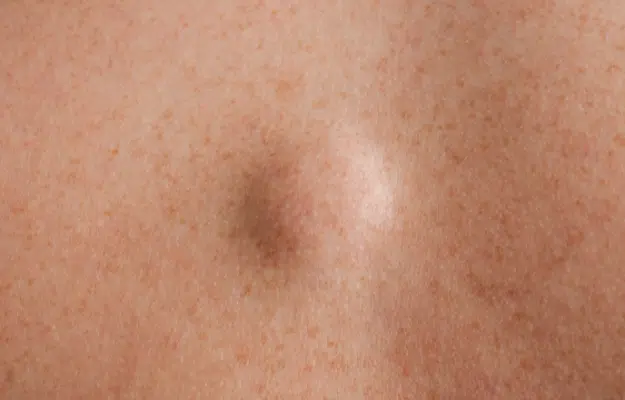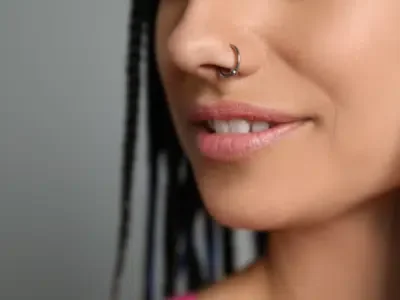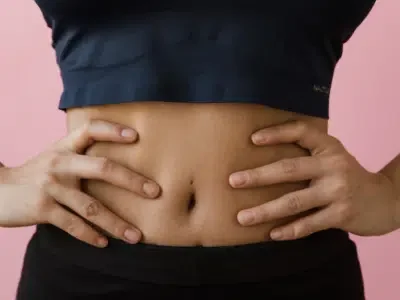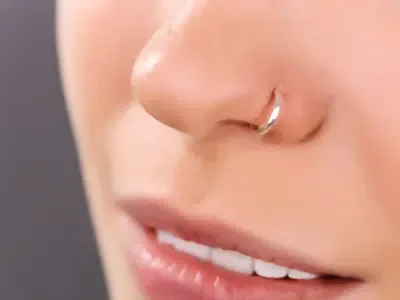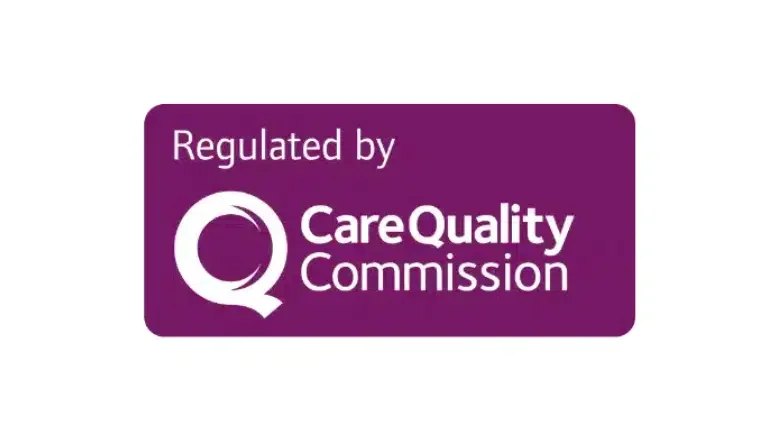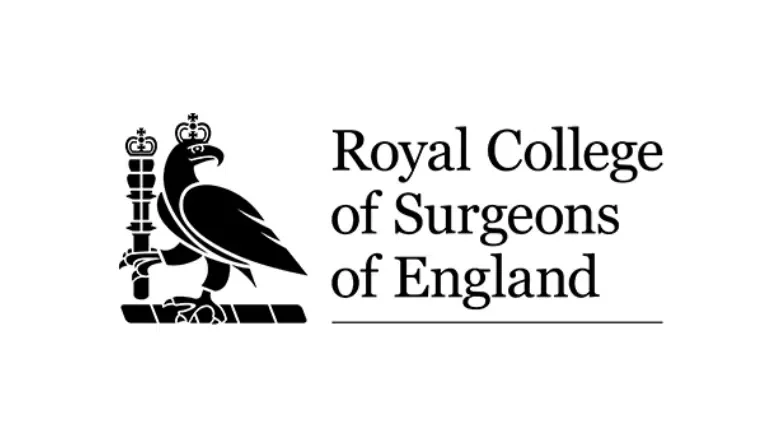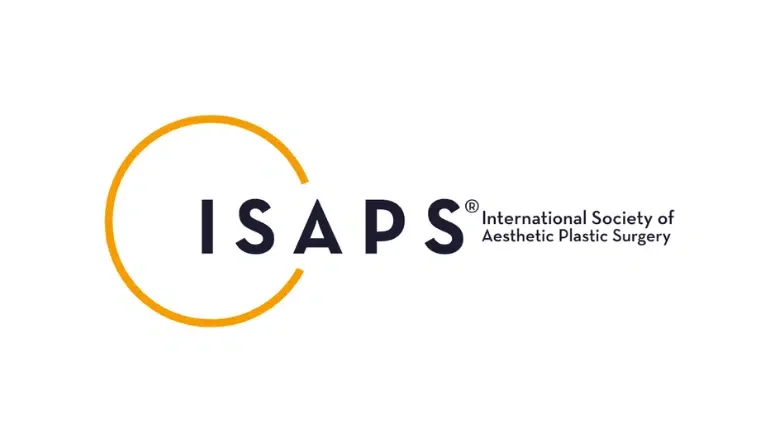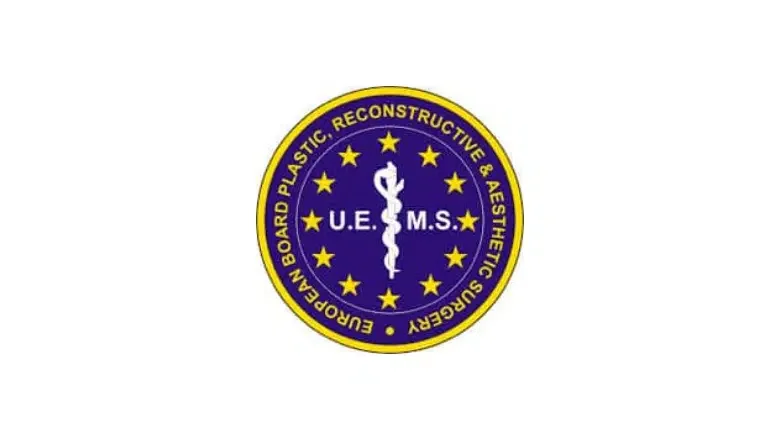Acne is a pretty common problem that affects our skin. A lot of people have to deal with it at some point or another. The good news is that for many individuals, once the acne is gone, it’s like it was never there to begin with. You couldn’t tell by looking at their skin that they’ve ever had acne issues.
But it’s not always that simple. The acne can be a bit more complicated when it is very bad. In these more severe instances, even after the acne itself has completely disappeared, there can be lasting reminders of its presence. These come in the form of acne scars that stay on the skin long after the acne is gone. As a result, a lot of individuals find themselves searching for ways to make these acne scars disappear and looking at what options there might be to treat these unwanted marks left behind by the acne.
In understanding how to erase acne scars, it’s crucial to remember that not all scars are the same. They can show up on the skin in different ways.
Different types of acne scars
Acne can lead to three primary kinds of scars. Each type looks different and occurs because of varying circumstances during the skin’s healing process.
Firstly, there are what we call atrophic scars. These scars cause a sort of ‘dip’ or indentation in the skin. Think of it as a small valley or depression on your skin’s surface. The main culprit behind these scars is insufficient fibroblasts during the healing process. Fibroblasts, if you’re wondering, are a type of cell that our skin needs when it’s healing from a wound or damage, like in the case of acne. So, when the skin doesn’t have enough of these fibroblasts, it can’t properly rebuild itself, and the result is these dents or atrophic scars.
Secondly, we have hypertrophic scars. These are essentially the opposites of atrophic scars when it comes to both how they look and what causes them. Unlike the depressions created by atrophic scars, hypertrophic scars are raised or elevated above the rest of your skin’s surface. They happen because there are too many fibroblasts during the healing process. So, instead of having enough to properly fill in the damaged areas, like with atrophic scars, the skin ends up with an excess, leading to these raised patches or hypertrophic scars.
Lastly, we have keloid scars. Now, keloid scars might seem quite similar to hypertrophic scars because they’re also raised. But there’s a difference. Keloid scars usually end up being much thicker than the original spot of acne that was there. They can show up in shades of red or brown, and sometimes they can cause discomfort, like itching or even pain, to some people. So they can be quite a nuisance beyond just their appearance.
Can acne scars go away?
When it comes to dealing with acne scars, a common question that many people have is: will these scars ever go away by themselves? This is a valid concern, especially because acne and the scars it leaves behind don’t only affect a person physically. They can also have a huge impact on a person’s mental well-being and self-confidence. Because of this, some people may shy away from actively seeking acne scar removal treatments, hoping that over time, the scars will fade away on their own.
This can happen in some cases. As a person gets older, certain types of acne scars might become less noticeable. But this isn’t true for all acne scars. It’s particularly not the case for keloid or atrophic scars. With age, these scars don’t just stay as they are; they could actually become worse.
As we get older, our skin naturally loses some of its firmness. This can be especially problematic for atrophic scars because they could end up looking more pronounced or visible. That’s why it’s quite common for people with these kinds of scars to seek out treatment options. They want to manage these scars that, instead of fading with age, seem to be getting more noticeable.
So, if you’re finding yourself in this situation, you might start wondering about how to get rid of these acne scars that aren’t going away. And you might start considering what treatments might be available to help you handle them.
How long does it take for acne scars to go away?
How long it takes for acne scars to fade can differ from one person to the next. It largely depends on the kind of treatment you’re using and just how severe your scarring is to begin with. If you’re thinking about treating your acne scars, it’s really important to have a chat with a specialist. They can have a look at your skin, see how severe your scarring is, and then come up with a personalised treatment plan just for you.
It’s worth noting that acne scar treatment won’t completely wipe away all your scarring. Scars permanently damage the skin, so they can’t be totally removed. But don’t lose hope. Recent advancements in this area mean that you can still see a lot of improvement in the appearance of your scars, which can be a big boost.
When it comes to how long the treatment will take, it usually involves somewhere between 1 and 3 treatment sessions. These sessions are spread out, with several weeks in between each one. A single session can be quite quick, lasting just a few minutes or taking up to an hour.
But don’t expect immediate results. After your treatment, it usually takes a bit of time – typically about 7 to 10 days – before you start seeing a significant difference. So, even though the treatment sessions might not take very long, you do need to be a bit patient when it comes to waiting for the results to show.
How do you get rid of acne scars naturally?
For those who have acne scars but prefer a more natural approach to treatment, several options are often considered. Though it’s important to keep in mind that research may not fully support the effectiveness of these natural remedies, they are popularly used and may be worth a try:
Honey
This sweet substance isn’t just for adding to your tea. For a long time, people have used honey as a natural remedy for burns and wounds due to its potential healing properties. It’s thought to have antibacterial qualities that can speed up the skin’s healing process.
Black Seed Oil
Black seed oil, also known as nigella sativa, is a plant that’s commonly used for medicinal purposes. In addition to its anti-inflammatory properties, it’s also believed to have antibacterial and antiviral qualities. Some believe it might even help prevent acne from occurring in the first place.
Rosehip Seed Oil
Rosehip seed oil is often found in anti-ageing products and is claimed to reduce the visibility of scars. It’s a popular natural remedy that many people incorporate into their skincare routines.
Aloe Vera
You’ve probably heard of aloe vera’s benefits for soothing sunburns, but it’s also thought to potentially help with reducing acne scars. Supporters believe it can aid in the healing process by reducing inflammation and the size of scar tissue.
Lemon Juice
There’s not much evidence supporting the use of lemon juice for acne scars, but some people swear by it. Due to its acidic nature, lemon juice is said to help reduce discolouration and even out skin tone. However, caution should be exercised when applying lemon juice, as its acidity can be harsh on the skin. Always use small amounts, and be sure to monitor your skin’s reaction.
What are the Best Treatments for Acne Scars?
When thinking about how to get rid of acne scars, the most effective treatment often depends on the kind and severity of the scars. The team at Centre for Surgery uses the most current and effective methods to help you achieve the best results. Let’s look at some of the top treatments that they use:
Acne scar subcision and Punch Excision
This is a surgical technique that helps to lessen the appearance of deep acne scars. It involves the use of a special tool to break up scar tissue beneath the skin. Punch excision, on the other hand, may be used for deeper scars, which involves cutting out the scar and sewing the skin back together.
Laser Skin Resurfacing
This treatment uses a laser to remove layers of skin, allowing new skin to form in their place. It can be very effective for lessening the appearance of acne scars.
Morpheus8
This is a minimally invasive skin rejuvenation procedure that combines microneedling and radiofrequency technology to stimulate collagen production and remodel the skin.
Centre for Surgery focuses on surgical approaches to acne scarring, aiming to achieve the best possible results for a condition that can often be challenging to treat effectively. Meeting with a specialist plastic surgeon can provide you with a clearer idea of the best treatment options for you.
Among the most effective procedures is combining Taylor liberator subcision with punch excisions, followed by laser skin resurfacing. These techniques represent the latest in acne scar treatment technology and have taken over from less effective methods such as microneedling and chemical skin peels.
These treatments require a high level of expertise, and the professionals at Centre for Surgery are among the few who are qualified to perform them. If you’re still wondering about how to get rid of your acne scars, it could be a good time to book a consultation with Centre for Surgery to discuss these advanced treatment options.

